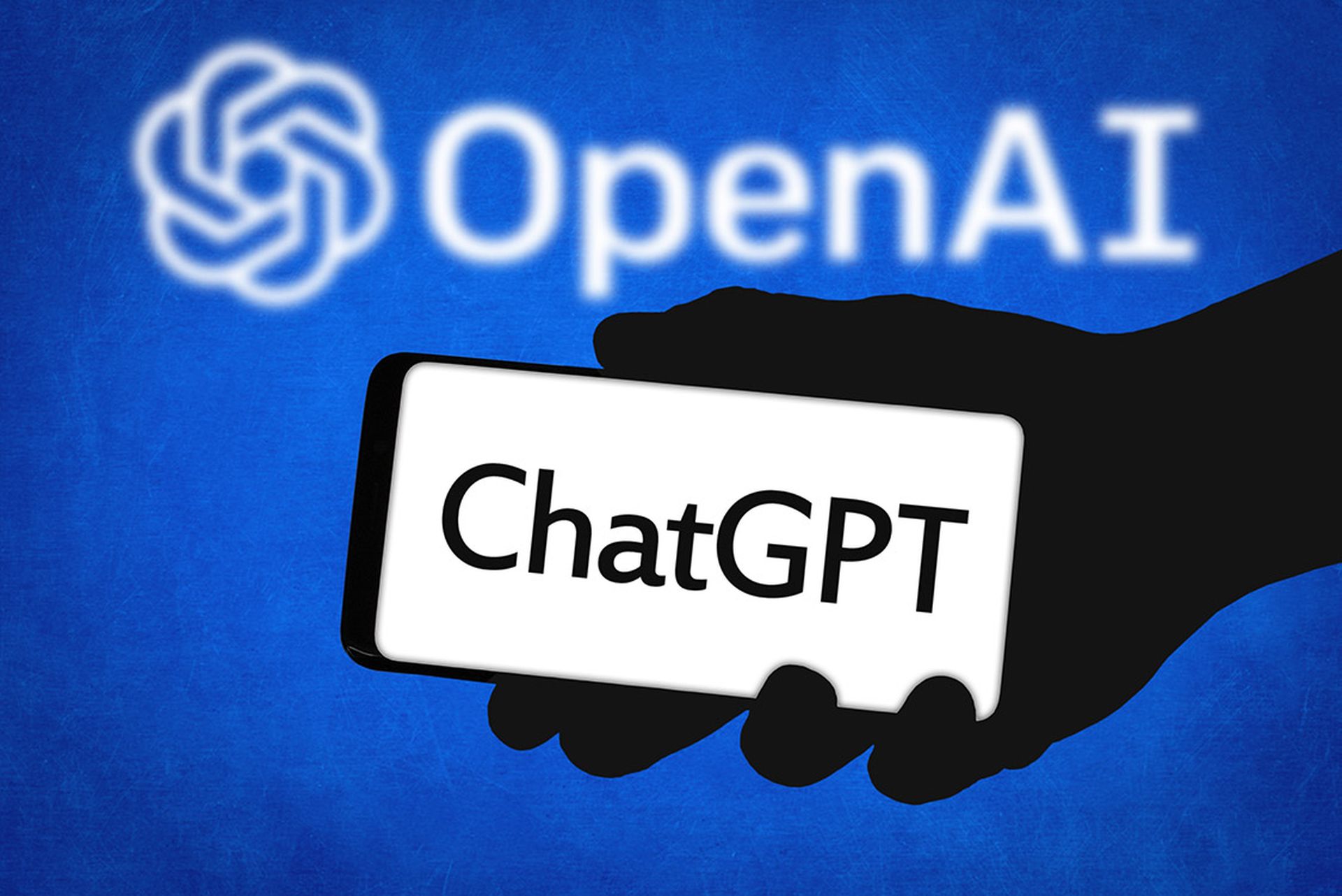Developer Offer
Try ImaginePro API with 50 Free Credits
Build and ship AI-powered visuals with Midjourney, Flux, and more — free credits refresh every month.
Your AI Advisor Could Be A Security Risk
Artificial intelligence tools like ChatGPT are quickly becoming the go-to personal advisors for millions. While this offers incredible convenience, new research reveals a significant and overlooked danger: users are unknowingly exposing their most sensitive data, creating major security vulnerabilities.

The Double-Edged Sword of AI Advice
A recent study by NordVPN, highlighted by TechRadar, shows a fascinating trend. On one hand, people are demonstrating a growing interest in cybersecurity, asking AI assistants valid questions about how to spot phishing scams or select a secure VPN. This proactive approach to digital safety is a positive development.
The Hidden Dangers of Oversharing
However, the research uncovers a much darker side. Users are treating these AI platforms as infallible, confidential diaries. They are inputting incredibly sensitive information, including passwords and personal banking details, directly into the chat. The study also noted that some questions are based on fundamental misunderstandings of technology, such as fears that hackers can steal thoughts or eavesdrop via "the cloud" during a storm.
Expert Warnings and How Data Can Be Weaponized
This behavior is setting users up for disaster. "What may seem like a harmless question can quickly turn into a real threat," warns Marijus Briedis, CTO at NordVPN. Malicious actors can exploit this shared information to conduct highly effective social engineering and phishing attacks.
The risk is amplified by how most AI platforms operate. They typically retain conversation histories to help train and improve their models. This means your sensitive data could be stored on company servers, creating a valuable target for hackers. The findings serve as a stark reminder of the urgent need for greater digital literacy and exercising extreme caution when interacting with AI.
Compare Plans & Pricing
Find the plan that matches your workload and unlock full access to ImaginePro.
| Plan | Price | Highlights |
|---|---|---|
| Standard | $8 / month |
|
| Premium | $20 / month |
|
Need custom terms? Talk to us to tailor credits, rate limits, or deployment options.
View All Pricing Details

